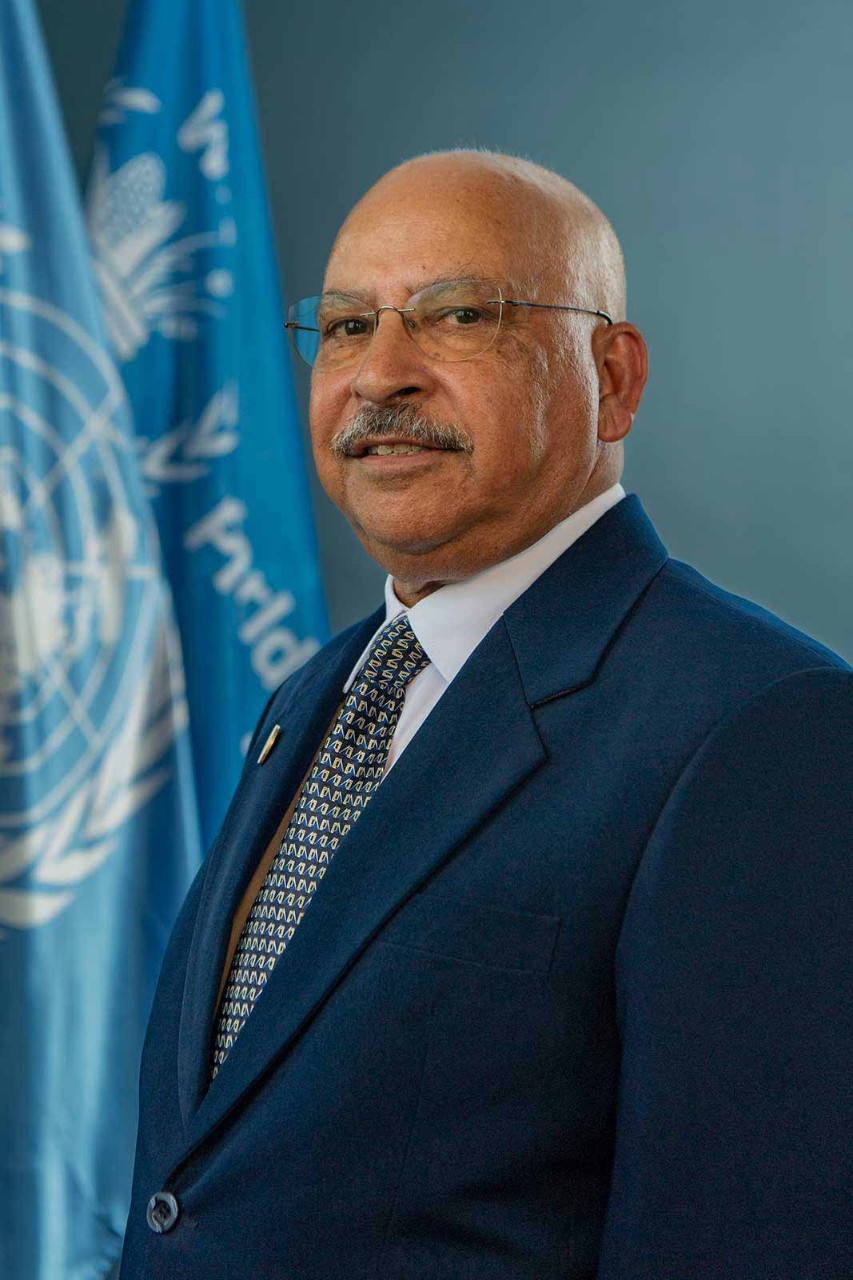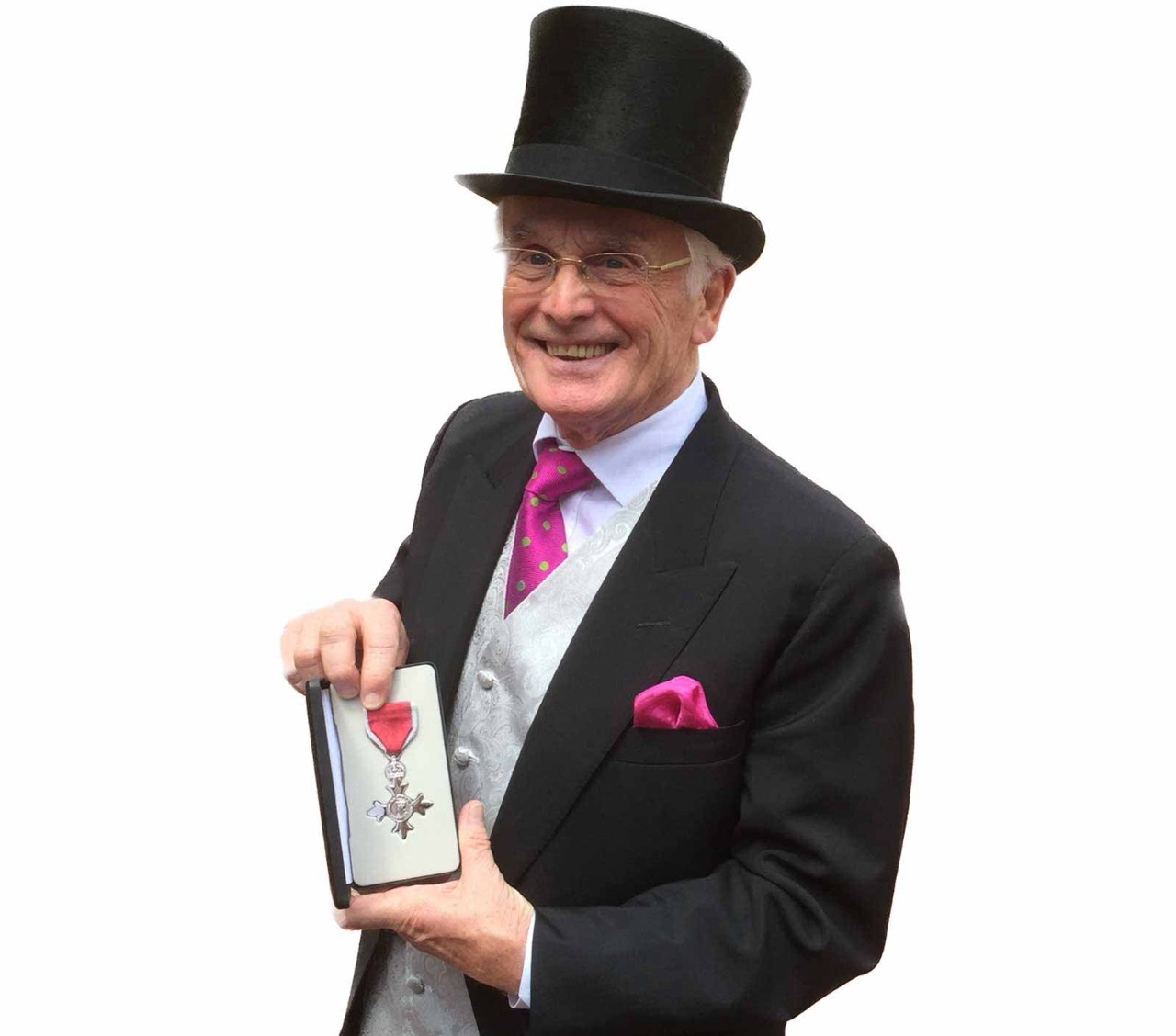
The human cost of famine, conflict, forced displacement and climate emergencies is not normally within the remit of an accountant in professional practice, but Dr Suresh Sharma has made it his life’s work.
For more than three decades, the Kathmandu-based Nepali has provided professional oversight to a wide range of United Nations (UN) agencies – a commitment that endures well past most people’s retirement age.
‘I feel fortunate to have had the opportunity to learn and earn experience in UN entities’
Since his official retirement in 2013, he has served on a pro bono basis on various committees of UN agencies. The latest, in January 2023, is a three-year appointment to the Independent Audit Advisory Committee of the United Nations.
Unique experience
‘Those of us who have contributed through the international arena like to remain active in our profession on a voluntary basis in our home country,’ says Dr Sharma, who was one of Nepal’s trailblazing professionals – and the nation’s first ACCA member, qualifying in 1977. ‘I feel fortunate to have had the opportunity to learn and earn experience on issues of strategy, governance and oversight in UN entities, and would like this unique experience to be of use elsewhere.’
Working on the UN’s Independent Audit Advisory Committee draws on skills he has accumulated over a lifetime. The five-member committee, which meets four times a year, assists the UN General Assembly in fulfilling its oversight responsibilities. This includes advising on the scope, results and effectiveness of oversight functions; recommending measures to ensure compliance; and finding ways to increase cooperation among the UN’s various oversight bodies.
‘When governments are spending taxpayer money on global projects, there needs to be oversight’
Dr Sharma’s involvement with the UN covers as wide a range of areas as is possible. Since 2018, he has served on the Independent Audit Advisory Committee of UNHCR, the UN refugee agency. Previously, he was also a member of the World Meteorological Organization audit committee, as well as the UN Relief and Works Agency, which works with Palestinian refugees.
Universal principles
The committee on which he serves provides a high level of assurance that the UN’s US$10bn annual funding, contributed by 193 member states (one-third is spent on regular operations and two-thirds on peace-keeping operations), is properly utilised for agreed purposes. He points out that the same principles apply in the corporate setting, where companies are accountable to a wider group of stakeholders.
‘To me, an accountant is a true arbitrator’

CV
2023
Member, Independent Audit Advisory Committee, United Nations
2011 onwards
Member of Independent Audit Oversight Committee, United Nations High Commissioner for Refugees; Audit Committee, World Meteorological Organization; Advisory Committee on Internal Oversight, United Nations Relief and Works Agency for Palestine Refugees
1989
Joins United Nations World Food Programme as budget officer. Roles until retirement in 2013 include country director, Sri Lanka; director, ethics; director, budget; director, finance; and inspector general and director, Oversight Office
‘Good governance requires clear objectives, proper work plans, clear standards and processes that ensure transparency – all necessary tenets for any organisation to realise its objectives,’ he says.
‘Obviously, nobody can see the future, and planning may need to be adjusted from time to time. A good system gives clarity to update and revise the plan as situations evolve.
‘When governments are spending taxpayer money on global projects, there needs to be oversight of the work of the entity by external experts with no vested interest in the organisation.’
Be they corporates or non-profit, he continues, all organisations are operationally similar, each striving for efficiency within the rules and regulations of their jurisdiction. However, intergovernmental bodies have more complexity: in the UN, for example, the management of idiosyncratic political objectives of stakeholders comes into play on the journey to reach the common goal.
Gatekeepers of governance
Regardless of an organisation’s structure, Dr Sharma believes professional accountants are the gatekeepers of governance.
‘Accountants are privy to all aspects of the organisation, from financial management and production to marketing and operations,’ he says. ‘Their ability to see links others may not can also promote a harmonious compromise to help different departments to understand each other. There will be less conflict, which helps with the governance. To me, an accountant is a true arbitrator.’
His relationship with the UN began when he joined the World Food Programme (WFP) as a budget analyst in 1989. He came to the role well equipped: an early career in finance and audit included seven years with Christian NGO the United Mission to Nepal, and seven years as CFO of Tribhuvan University, Kathmandu. Apart from a two-year stint at the parastatal Agriculture Inputs Corporation, the rest of his career has been spent in the non-profit sector.
World traveller
His appointment to the WFP was ‘an opportunity to serve my country indirectly’, while also satiating a desire to travel the world. Various roles have anchored him in cities from Rome in Italy to Colombo, Sri Lanka, and many countries in Europe, Asia, Africa and the Americas.
Qualifying in 1977, he credits his ACCA training with the diversity of roles he has enjoyed at the UN, ranging from finance to operations management, change management, risk management, ethics and oversight. He believes ACCA members have a distinct advantage over others in the profession.
‘The breadth and depth of ACCA’s study courses equip a graduate to enter business with experiences other than core accounting,’ he says. ‘I believe that has materialised in my career.’
Living in Kathmandu with wife Gita, Dr Sharma enjoys spending time with their three children (two living in the US; one in Nepal), especially hiking, and reading, favouring biographies and historical novels. And he still finds time to be a PhD thesis co-supervisor at Infrastructure University Kuala Lumpur, as well as remaining active in several non-profit social organisations in Nepal, including Former International Professionals of Multilateral Organizations, of which he was co-founder.
‘If I have achieved any success, that is because I have enjoyed what I do and have always done more than is expected of me,’ he reflects. ‘My message to students and new graduates is that, once you have found what you love to do, do not be content with your nine-to-five job, but continue to explore how you can innovate in the profession. Success will follow you.’





